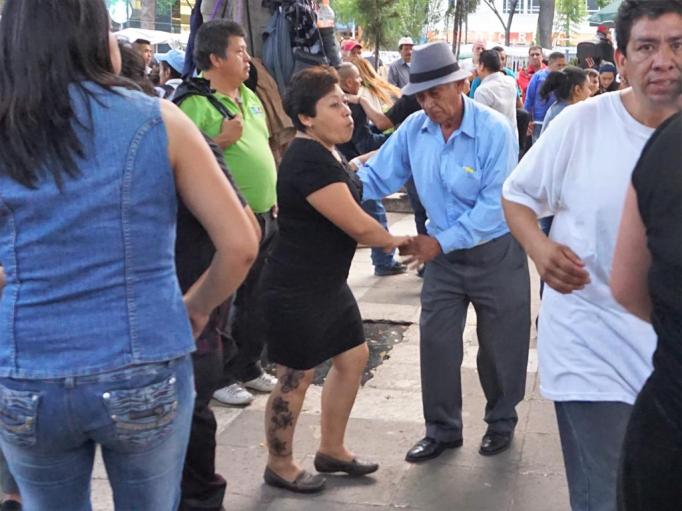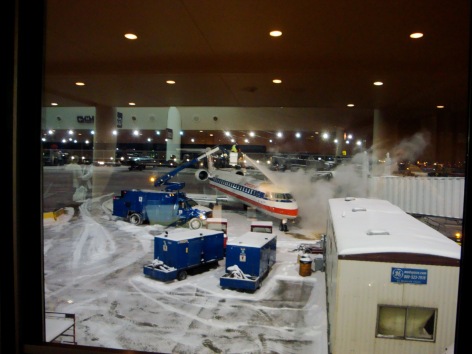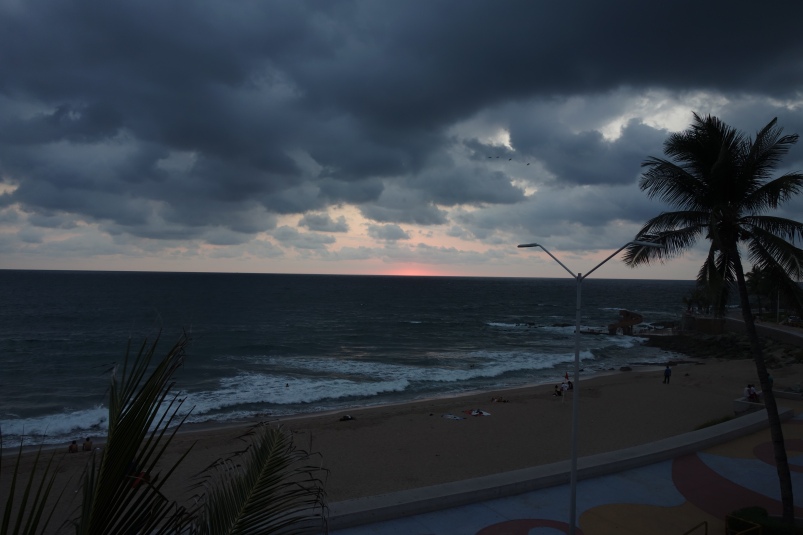In my last post I alluded to the idea that even seasoned travelers, and people who have spent years living away from their home country, suffer longing and alienation at times. Mother’s Day certainly elicits those feelings for me. I haven’t sat with coffee at a breakfast table with my daughter for many many years. I would love to spend this morning commiserating with her now that her own sons no long live near her. There will be wishes, her to me, me to her, and her sons to her, certainly, but the day will be like any other; no construction paper cards, origami birds, messy breakfast in bed, or kisses on the cheek. I have no such pangs for 4th of July, Thanksgiving, or Easter-none of those mean much to me these days. But motherhood is existential.
Fortunately for the emigrant, these days we are able to communicate easily across the globe, so people don’t generally seem so far away. But I chose to live in Mexico partly because it is just next door to where my family lives. It seems so close. But it really isn’t near if you are on a budget. In 17 years of living abroad, I have managed to see my daughter every year at least once (save one year when I couldn’t travel for a bad injury). Now that my daughter and my grandsons live in wholly different parts of the country, necessitating at least 2 flights, and hotels where the boys live, it is just not possible to see them all. I dearly miss my grandsons, but haven’t the resources for a trip to the mid-west, and hotels and car rental, etc.. The retiree living on Social Security will recognize this painful reality.
I would love to have them come see me, and I make sure I always have a space for them to stay, but working people in the U.S. have little time for travel, and are actually financially as stretched as I am. My grandsons are busy, very, establishing themselves as young adults and trying to figure a way in today’s world. My daughter, too, works long hours, has myriad responsibilities and no spare cash to travel to Mexico. There is a reason people from the US travel so little. Money and time are in short supply for most everyone. I understand that they can’t come see me; that is the reality.
My Mexican friends all wished me a happy Mother’s Day on Friday (Mother’s day is always on the 10th of May here, and is a national holiday). Mexicans on average don’t have much money, but they do have plenty of holidays and fiestas. The streets were filled with men and children with armloads of flowers, going home to their houses, where their mothers and fathers and grandmothers, grandfathers, tias and tios, often live together. I’m sure everyone sang to and kissed mama. In the afternoon and evening couples danced in the town square to a live band, and children chased each other through the walkways and park. Being on a Friday this year meant that there was a 3 day holiday.
Nostalgia, and longing for a sort of family that never was, at least never was in the deep sense of family in Mexico, makes this time bittersweet. I know many Gringo migrants here who seek out each other for solidarity on days like Thanksgiving, Christmas, Easter and the 4th of July, for fun and solidarity and when simulacra will do, but we can only commiserate on Mother’s Day and Father’s Day, for we cannot be for each other what only our children, and mothers, can be. So today I sit in the warmth of Mexico, the sky filled with birdsong, and wish I were at my Daughter’s table.











